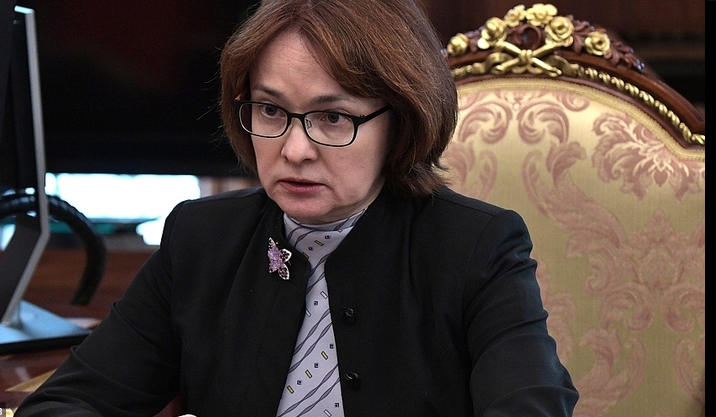Russia’s central bank is, for now at least, sticking to the initial decisions it adopted to counter the major crisis triggered by the Ukraine invasion and the ensuing global sanctions.
But it warned about the possibility of supply shortages and runaway inflation. “Companies in many industries are reporting bottlenecks in production and logistics due to the imposed trade and financial restrictions,” said the bank in a statement. Business adaptation to the situation, including restructuring of productive and supply chains, will be “the determining factor in price dynamics in the coming quarters.”
The agency led by Elvira Nabiullina raised interest rates from 9.5% to 20% on February 28, four days after President Vladimir Putin ordered the attack on Ukraine. At its monthly meeting, the central bank decided to keep the rate at this level, and warned it could go even higher depending on inflation, risk assessment and market reaction to the same.
One of the first expected consequences is a significant drop in loans, and the bank said that state lending programs will be key to propping up businesses facing a slowdown in activity as well as higher borrowing costs.
The central bank suspended stock trading on February 25 and over three weeks later it remains closed. Trading in Russian stocks in global markets such as London has also been suspended after these shares lost over 90% of their value.
“The Russian economy is entering a phase of massive structural adjustment,” said the bank in its statement, warning about an inevitable period of great inflation which it hopes to see back down at 4% by the year 2024. A couple of months before the invasion, the official inflation rate was 8.4%, according to the statistical agency Rostat, due to logistical problems arising from the coronavirus pandemic.
